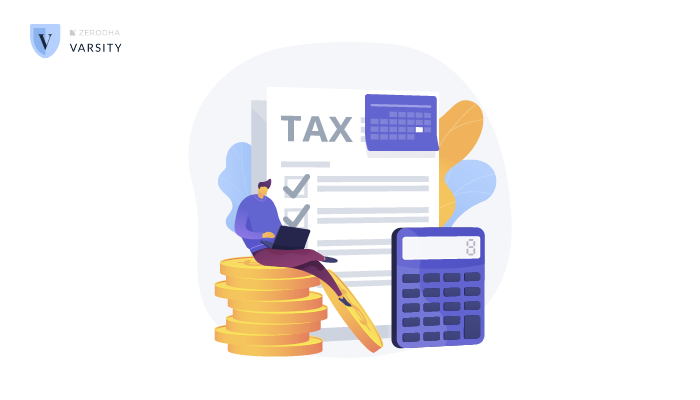
Can I claim Sec 54F tax benefit on selling foreign shares or ETFs?
Yes. Indian taxpayers can avail of the tax exemption under section 54F of the Income-tax Act against gains earned from selling foreign shares or ETFs if the money is utilised to buy or build a new residential house, provided the house is located in India. This means they won’t have to pay capital gain tax on their income from selling those foreign shares or ETFs.
Here’s what they need to keep in mind:
Time Held
Taxpayers must ensure that the holding period of the assets being transferred qualifies as long-term. Listed shares in India qualify as long-term capital assets if held for over 12 months. However, the criteria differ slightly for listed foreign shares or ETFs. Listed foreign shares qualify as long-term capital assets if held for over 24 months. Moreover, you may also get the benefit of cost indexation that adjusts the purchase cost for inflation.
As for ETFs, the holding period to qualify as long-term depends on the underlying security, whether it’s equity or debt. Equity ETFs qualify as long-term if held for more than 12 months, while debt ETFs require a holding period of over 36 months or three years.
But now this has changed. As per section 50AA, if the fund has less than 35% exposure to Indian equity, it will be deemed a short-term capital asset and taxed accordingly, no matter how long you hold it. The capital gains will be charged to tax at your slab rate.
This treatment under Section 50AA applies to mutual funds and ETFs acquired after April 1, 2023.
Interestingly, this rule also seems to have inadvertently affected international equity ETFs since they have less than 35% exposure to Indian or domestic equities. Hence, pure international funds that invest only in foreign securities will also be taxed as short-term capital assets.
We hope the tax department clarifies these unintended consequences, especially regarding how funds holding foreign stocks are taxed, and investors should keep an eye out for these clarifications.
Buying a Home
To claim the tax benefit under section 54F, the taxpayer must use the money earned from selling the shares or ETFs to buy a new residential house. Only long-term capital gains are allowed under this section.
The residential house must be located in India and purchased within two years after selling the shares or within a year before selling them. Alternatively, the taxpayer can use the money to build a residential house in India within three years of selling the shares.
However, there are a few conditions:
- This exemption is only available to individuals or Hindu Undivided Family (HUF).
- This tax break doesn’t apply if the taxpayer already owns more than one residential house at the time of transfer of the shares or ETF.
- Where the cost of a new asset exceeds ten crore rupees, the amount exceeding ten crore rupees shall not be considered for the purposes of computing the exemption.
- The taxpayer should not buy or construct any additional residential house except for the one they’re claiming the tax break for a stipulated period, or they’ll lose this benefit.
- The taxpayer should not sell the new house or purchase another house within three years, else, they’ll lose the benefit.
A taxpayer must understand all the provisions of section 54F of the Income Tax Act and ensure they qualify before claiming this tax exemption.

If I hold already own one house at the time of selling long term capital asset and invest total amount for purchasing of new house is it allowed in section 54F?